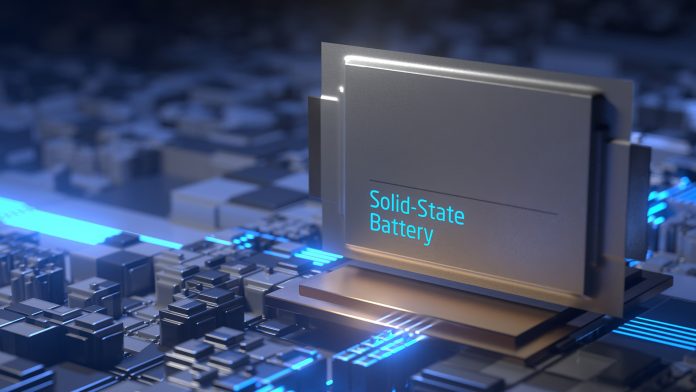University of Maryland researchers have developed solid-state lithium batteries to stop dendrite formation and create a pathway to viable batteries for electric vehicles.
Maryland engineering researchers studying how lithium batteries fail have developed solid-state batteries that could enable next-generation electric vehicles (EVs). The new battery technology could also help develop other devices that are less prone to battery fires while increasing energy storage.
The new battery method suppresses the growth of lithium dendrites, damaging branch-like structures that develop inside all-solid-state lithium batteries. These dendrites prevent firms from broadly commercialising the promising technology.
However, the new design for a battery interlayer stops dendrite formation, opening the door for the production of viable all-solid-state batteries for EVs.
The paper, ‘Interface design for all-solid-state lithium batteries,’ is published in the journal Nature.
Lithium-ion battery risks
In the US, at least 750,000 registered EVs run on lithium-ion batteries. This is because the technology has a high energy storage capacity.
However, lithium-ion batteries contain a flammable liquid electrolyte that burns when overheated.
Currently, electric car battery fires appear to be relatively rare, but they pose particular risks. The National Transportation Safety Board has reported that first responders are vulnerable to safety risks. These include electric shock and exposure to toxic gases emanating from damaged batteries.
Problems with solid-state batteries
Solid-state batteries have benefits over lithium-ion batteries, having the potential to lead to safer vehicles. However, creating a strategy to bypass the drawbacks of the battery technology was challenging.
When operated at the high capacities and charging-discharging rates that EVs demand, solid-state batteries grow lithium dendrites on the cathode side. This causes short circuits and a decay in capacity.
Preventing lithium dendrite growth
In 2021, Department of Chemical and Biomolecular Engineering Professor Chunsheng Wang and Postdoctoral Associate Hongli Wan began to develop a theory for lithium dendrite growth. However, it remains a matter of scientific debate.
Wan stated: “After we figured out that part, we proposed redesigning the interlayers that would effectively suppress the lithium dendrite growth.”
The researchers’ battery technology is unique because it stabilises the interfaces between the solid electrolyte and the anode and the electrolyte and the cathode.
The new battery structure adds a fluorine-rich interlayer that stabilises the cathode side. It modifies the anode’s interlayer with magnesium and bismuth, supressing the lithium dendrite.
“Solid-state batteries are next-generation because they can achieve high energy and safety. In current batteries, if you achieve high energy, you’ll sacrifice safety,” said Wang.
Steps to commercialise solid-state batteries
The researchers must solve other challenges before the battery enters the market. The experts will have to scale down the solid electrolyte layer to achieve a similar thickness to the lithium-ion batteries’ electrolyte. This will improve energy density, helping to commercialise solid-state batteries.
High costs of basic materials are another challenge.
The team aims to release the new batteries to the market by 2026. Solid Power, an advanced battery manufacturer, plans to begin trials of the new technology to assess its potential for commercialisation.
The researchers aim to continue their work to boost energy density.









